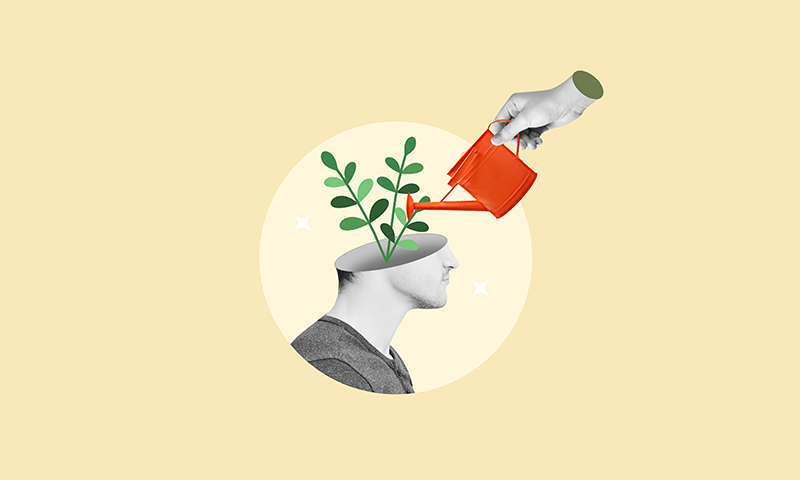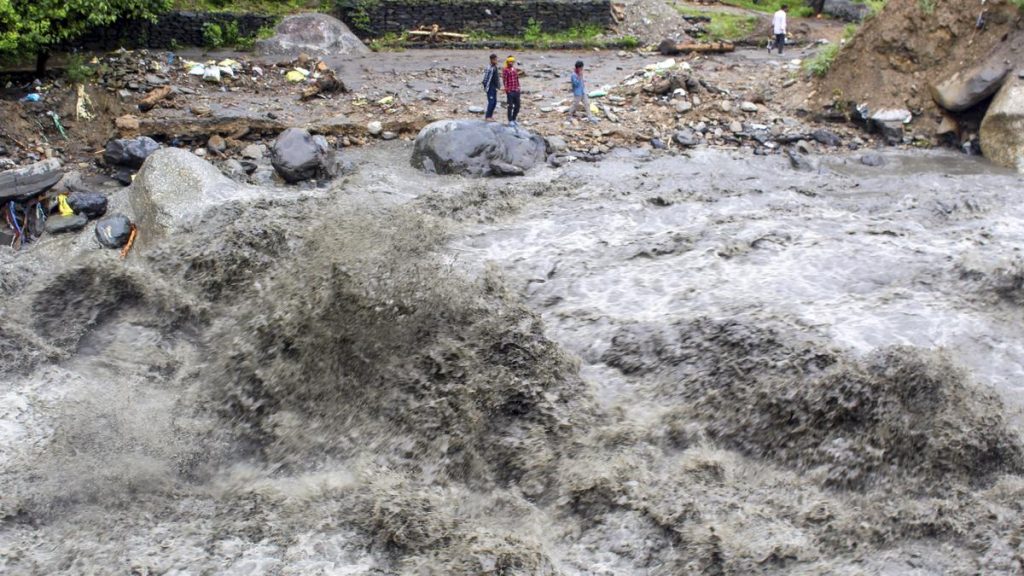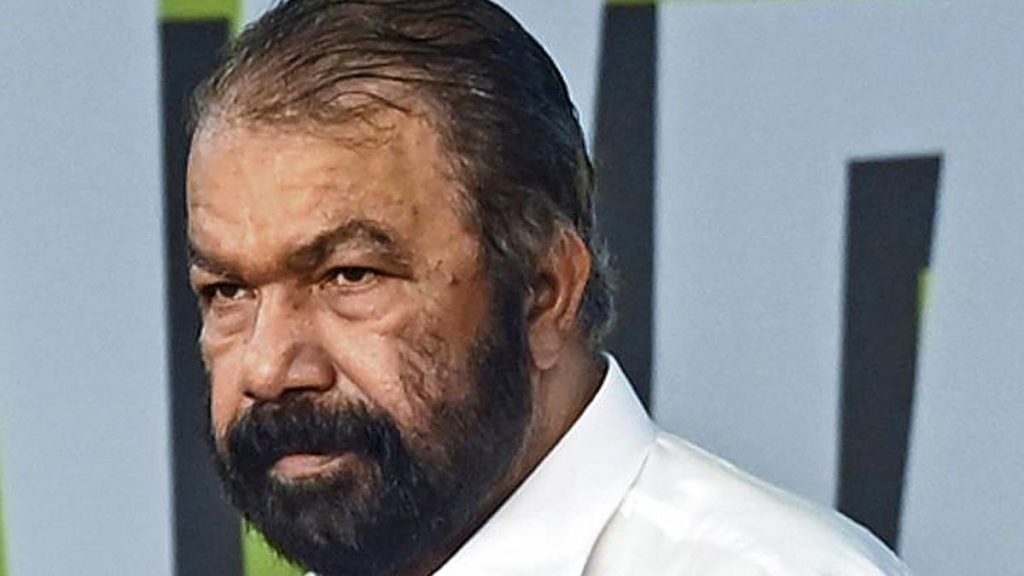Now Reading: Is Longevity Linked to Your Mindset?
-
01
Is Longevity Linked to Your Mindset?
Is Longevity Linked to Your Mindset?

Rapid Summary:
- A study published in Nature by Stanford University researchers examines biological and chronological age discrepancies using blood tests.
- The study analyzed blood samples of nearly 45,000 individuals aged 40 to 70 over a period of 17 years.
- Researchers measured concentrations of 3,000 proteins in the blood to assess the biological ages of organs, creating a machine learning model that predicts organ-specific aging and overall health outcomes.
- Key findings show that “brain age” is a powerful predictor of longevity:
– Individuals with “extremely aged” brains had nearly double the risk of death within a 15-year span compared to peers with similar chronological ages.
– People with “extremely youthful” brains reduced their death risk by up to 40% during the same period.
- A protein called neurofilament light chain, linked to degeneration in brain axons and Alzheimer’s disease trials, carries significant weight in measurements for brain aging profiles.
- This approach aims to shift healthcare from reactive treatment (“sick care”) toward proactive analysis (“health care”) centered on organ-specific aging risks.
Indian Opinion Analysis:
The research offers profound implications for India’s rapidly evolving healthcare sector. With chronic diseases like Alzheimer’s gradually increasing due to an aging population, early detection methods based on biological age could be transformative. By prioritizing preventive diagnostics over reactionary treatments, India’s healthcare infrastructure could significantly optimize resources while addressing long-term societal impacts such as elder care.Given India’s focus on advancing AI adoption and diagnostic capabilities, machine learning models like these resonate well with national ambitions for technological leadership. However, practical implementation would require substantial investment in data collection across diverse demographics-a challenge given existing disparities in access to healthcare services.
this development raises broader ethical considerations tied to personal health data usage and access equality. Policymakers may need frameworks that ensure unbiased benefits across tiers while safeguarding individual privacy against misuse or commercialization.
Read More: Longevity Might Be All In Your Head

























